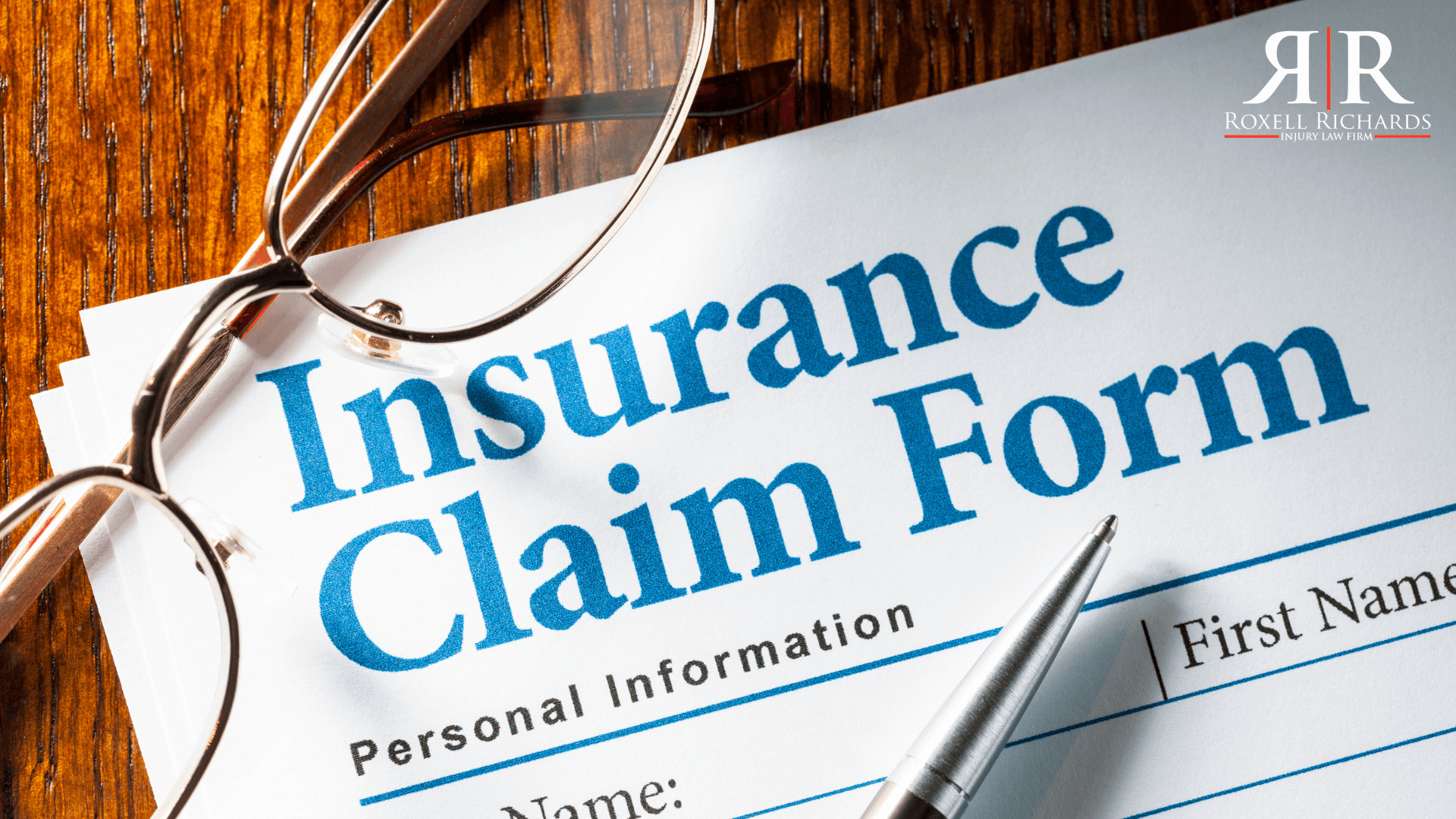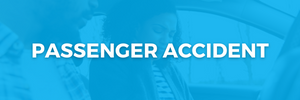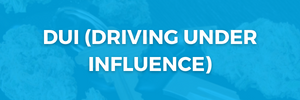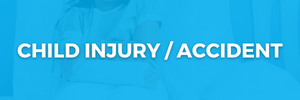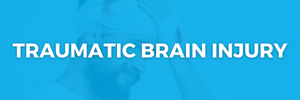Being in a car accident can be tough. Knowing what to do when filing an insurance claim against another driver in Houston is important.
Insurance involving an accident that is not your fault
An insurance claim is when you ask your insurance company for money or help after something bad happens. And it’s a way to get financial support for unexpected events covered by your insurance policy.
So, when an accident happens, and it’s not your fault, insurance helps you get money for the harm and injuries you experienced.
Gather Information
Start by collecting information about the accident. And this includes the other driver’s contact details, insurance information, and witnesses at the scene. Also, take photos of the accident site, vehicle damage, and visible injuries.
Contact your Insurance Company
Tell your insurance company about the accident immediately, even if it wasn’t your fault. And then give them exact and thorough details about the occurrence. For example, the occasion’s time, place, location, and a description of what transpired.
Determine Liability
Insurance companies will investigate to determine liability. And they will review the evidence, such as accident reports, photographs, witness statements, and video footage. But if it is determined that the other driver is at fault, their insurance company will be responsible for covering the damages.
File a Claim With the Other Driver’s Insurance
You must file a claim with the other driver’s insurance company. So, provide them with the necessary information and documentation about the accident and your injuries. And they will initiate their own investigation to assess the claim.
Property Damage Evaluation
If your car gets damaged in an accident, the insurance company will see how bad the damage is.
And they might send someone to look at your car or ask for repair estimates from approved shops.
Medical Evaluation and Treatment
If you sustained injuries, seek medical attention promptly. Keep records of all medical bills, including hospital bills, prescriptions, and rehabilitation costs. And the other driver’s insurance company will typically cover your medical expenses up to the policy’s limits.
Settlement Negotiations and Agreement
You will receive the agreed-upon compensation if both parties agree on a settlement.
So ensure that you fully understand the settlement terms before accepting it. And once the settlement is final, you can’t take any more legal action about the accident.
In fact, insurance claims help people recover financially from unexpected events and reduce costs.
Therefore, know your policy’s coverage and limits, and follow the correct steps to file a claim for a quick resolution.
Can you file an insurance claim if you were at fault?
You can typically still make an auto insurance claim Houston valid claim if the accident was your fault. However, the coverage and compensation you receive will depend on your insurance policy’s specific terms and conditions.
In a fault claim, the at-fault party’s insurance company generally handles the compensation and payment of damages to the other party involved. And this can include covering medical expenses, property repairs, and other losses from the accident.
Your insurance can help pay for the other person’s damages and injuries when it’s your fault in an accident. But this is usually covered by liability insurance included in your auto insurance policy.
And it’s important to note that liability insurance covers the damages and injuries sustained by the other party, not your own losses.
But if you want your insurance to pay for your vehicle repairs or medical expenses when the accident is your fault, you might need extra coverage like collision coverage or personal injury protection (PIP).
Just tell your insurance company what happened when you must file a claim for an accident that was your fault. And they will assess the claim, review the coverage under your policy, and work towards a settlement with the other party involved.
What does Liability Insurance Cover?
Liability insurance guided by a law firm covers damages or injuries caused by the insured party to others in an accident or incident. And it is a standard component of various insurance policies, including auto, home, and business insurance. So, here’s an overview of what liability insurance typically covers:
Bodily Injury Liability
Bodily injury liability coverage pays for medical expenses, rehabilitation costs, and potential legal fees if you are found responsible for causing injuries to others in an accident. And it helps cover the injured party claim’s medical treatments, lost wages, pain and suffering, and other related expenses.
Property Damage Liability
Due to your actions, property damage liability coverage pays for repairing or replacing another person’s damaged property. And this can include damage to vehicles, buildings, fences, or other property. In fact, the coverage helps protect you from having to pay out-of-pocket for these expenses.
Personal Liability
Personal liability coverage extends beyond specific incidents covered by other liability coverages. And it provides general protection against legal claims arising from various situations. For example, someone getting injured on your property or if you accidentally cause damage to someone else’s property.
So, it’s important to note that liability insurance coverage limits vary depending on the policy and the terms you have selected. Moreover, the coverage limits represent the maximum amount the insurance company will pay for a covered claim. So, reviewing your policy and understanding the specific coverage and limits your liability insurance provides is crucial.
How can insurance protect you from financial loss?
Insurance can protect you from financial loss by providing coverage and compensation for unexpected events or accidents. And here’s how insurance helps mitigate financial risks:
Coverage for Property Loss
Property insurance, like homeowner’s or renter’s, keeps your home and belongings safe. And if something bad happens, like a fire or theft, the insurance company can give you money to fix or replace what was damaged. In fact, this helps you save money and worry less.
Liability Protection
Liability insurance, such as auto liability insurance or general liability insurance for businesses on business days, protects you from financial loss if you are held responsible for causing injuries or damages to others. So if you’re sued for a covered incident, the insurance company can cover legal expenses, settlement costs, or judgments, safeguarding your personal or business assets.
Health Care Expenses
Health insurance helps protect against the high costs of medical treatments, surgeries, medications, and hospitalizations. And it provides coverage for preventive care, routine check-ups, and unexpected medical emergencies. Also, ensuring you access necessary healthcare services without incurring substantial out-of-pocket expenses.
Income Replacement
Disability insurance offers income protection if you cannot work due to illness or injury. Furthermore, it provides a percentage of your regular income for a specified period, helping you cover essential expenses and maintain financial stability while you cannot earn a living.
Life Insurance
Life insurance offers financial protection for your loved ones during your death. It provides a death benefit payout to your beneficiaries, which can help replace lost income, pay off debts, cover funeral expenses, and ensure financial security for your family’s future.
Business Interruption Coverage
Business interruption insurance compensates businesses for lost income and additional expenses when their operations are disrupted due to covered perils. It helps mitigate the financial impact of unforeseen events like natural disasters, fires, or other events that cause temporary closure or reduced business activity.
By paying regular premiums, insurance allows individuals and businesses to transfer the financial risks of various situations to the insurance company. Also, it provides peace of mind and safeguards against significant financial hardships that could otherwise be overwhelming to manage independently.
So, it’s important to review your insurance policies carefully, understand the coverage limits, deductibles, and exclusions, and choose a coverage that aligns with your needs and risk tolerance. In fact, consulting with insurance professionals or agents can help ensure adequate coverage to protect yourself from potential financial loss.
What happens if you have no insurance but the other driver was at fault in Texas?
In Texas, if you are involved in a car accident, and you don’t have insurance, but the other driver is at fault, the situation can have several implications:
Limited Options for Compensation
If you don’t have insurance, getting money for damages and injuries from the person who caused the accident can be hard. And even though their insurance should pay for it, it’s difficult without your insurance company helping you.
Direct Negotiation
You may need to negotiate directly with the at-fault driver’s insurance company to seek compensation for your damages. And this can involve providing evidence, documentation, and supporting information to prove the extent of your losses. However, it’s important to note that the negotiation process may be more challenging without your insurance company advocating for you.
Legal Action
If the at-fault driver’s insurance company is uncooperative or unwilling to provide fair compensation, you may need to consider legal action. So consulting with a personal injury attorney familiar with Texas law with their case result and testimonials can help you understand your options and guide you through pursuing a legal claim against the at-fault driver.
Personal Liability
If you are found to be partially or wholly at fault for the accident, you may be personally responsible for covering your own damages and potentially the damages of the other party involved. And this can have significant financial implications and underscore the importance of having adequate insurance coverage.
What is the purpose of insurance?
The purpose of insurance is to protect against financial loss and uncertainty.
Insurance is a safety net that helps individuals, businesses, and organizations manage risks by transferring the potential burden of significant financial losses to an insurance company. So here are some key purposes of insurance:
Risk Management
Insurance allows individuals and businesses to manage and mitigate various risks. By paying regular premiums, policyholders transfer the financial risks associated with unforeseen events, such as accidents, injuries, property damage, or other covered perils, to the insurance company. In return, the insurance company provides financial compensation or coverage in the event of a covered loss.
Financial Protection
Insurance protects against the costs and expenses resulting from unexpected events. It helps individuals and businesses recover from losses by reimbursing them for covered damages or providing compensation to restore their financial position. And this can include medical expenses, property repairs, liability claims, legal fees, or other related costs, depending on the type of insurance coverage.
Peace of Mind
Insurance offers peace of mind by reducing the fear and uncertainty of potential financial hardships. And it gives individuals and businesses a sense of security, knowing they are financially protected in the face of unforeseen events. Insurance coverage can alleviate stress, allowing policyholders to focus on their daily lives or business operations without worrying about potential financial risks.
Promoting Economic Stability
A key factor in fostering economic growth and stability is insurance. By absorbing and spreading risks among a large pool of policyholders, insurance companies help stabilize the financial impact of individual losses. This stability allows individuals and businesses to recover from adverse events more efficiently, minimizing the disruption to their finances or the economy.
Legal Requirements and Compliance
In many cases, insurance is required by law. For example, auto insurance is mandatory in most jurisdictions to protect drivers and third parties from potential liability. Similarly, businesses may be legally obligated to have insurance coverage to protect their employees, customers, or stakeholders. Compliance with these legal requirements ensures the safety and protection of individuals and their assets.
Overall, insurance is a vital tool in managing risks, providing financial protection, and promoting stability. It offers peace of mind, mitigates the impact of unforeseen events, and helps individuals and businesses recover from financial losses, fostering a more secure and resilient society.
What is the process of an insurance claim?
The process of an insurance claim typically involves several steps that policyholders need to follow to seek compensation for covered losses. While the specific process can vary depending on the type of insurance and the insurance company, here is a general overview of the steps involved in an insurance claim:
Notify your insurance company
Contact your insurance company as soon as possible to report the incident and initiate the claims process. Provide them with accurate and detailed information about the incident, including the date, time, location, and a description of what happened.
Document the incident
Gather any evidence or documentation related to the incident. And this may include photographs, videos, police reports, witness statements, or other relevant information supporting your claim.
Assign a Claims Adjuster
The insurance company will assign a claims adjuster to your case. The adjuster will evaluate the claim, assess the damages or injuries, and guide you through the process. They may contact you to gather additional information or schedule an inspection if necessary.
Provide Information and Documentation
Cooperate with the claims adjuster and provide any requested information or documentation to support your claim. This may include medical records, repair estimates, receipts, or any other evidence related to the damages or injuries.
Evaluation and investigation
The claims adjuster will assess the claim and investigate to determine the coverage under your policy and the extent of the damages or injuries. And they may review the evidence, interview involved parties or witnesses, or consult with experts if needed.
Settlement negotiations
Once the evaluation is complete, the insurance company will make a settlement offer based on their claim assessment. This offer may cover the damages, repairs, medical expenses, or other covered losses. You can negotiate the offer if you believe it does not adequately address your losses.
Settlement agreement
You must sign a settlement agreement if you and the insurance company reach a mutually agreed-upon settlement. This document finalizes the settlement terms and typically waives your right to pursue further legal action related to the claim.
Payment
Once the settlement agreement is signed, the insurance company will issue the payment for the agreed-upon amount. The payment may be made directly to you, a healthcare provider, or a repair shop, depending on the nature of the claim.
It’s important to note that the specific procedures and timelines for an insurance claim can vary between insurance companies and policies. Review your policy documents, understand your coverage, and consult with your insurance provider or claims adjuster for personalized guidance throughout the claims process.
What are examples of insurance claims?
Insurance claims can arise from various situations and events that result in financial losses or damages. Here are some common examples of insurance claims across different types of insurance:
Auto Insurance
- Vehicle accidents result in property damage or bodily injury.
- Theft or vandalism of a vehicle.
Natural disaster damage, such as floods or storms.
- Hit-and-run incidents where the responsible driver cannot be identified.
- Liability claims from third parties involved in an accident.
Home Insurance
- Property damage caused by fire, lightning, or explosions.
- Theft or burglary of personal belongings.
- Severe weather events like windstorms or hailstorms cause damage.
- Water damage from burst pipes or plumbing issues.
- Liability claims for injuries sustained by visitors on your property.
Health Insurance
- Medical treatments, hospitalizations, or surgeries.
- Prescription medications and medical supplies.
- Diagnostic tests and laboratory work.
- Emergency medical care.
- Rehabilitation and therapy services.
Liability Insurance
- Personal injury claims resulting from accidents or negligence.
- Property damage claims caused by your actions or negligence.
- Legal defense costs related to a lawsuit against you.
- Advertising or defamation claims arising from marketing activities.
- Professional liability claims in case of errors or omissions in your professional services.
These are just a few examples, and Texas insurance claim laws can arise in various other situations depending on the specific coverage and circumstances.
Reviewing your insurance policy to understand the covered perils, limits, deductibles, and the procedure for filing a claim specific to your insurance coverage is important.
In the billing context, a claim refers to a formal request by a healthcare provider or facility to an insurance company or payer to reimburse services rendered to a patient.
When a patient receives medical treatment or services, the provider submits a claim to the insurance company to seek payment for the services provided.
Remember, insurance is designed to protect you from financial loss and provide compensation for damages and injuries.
Whether you’re filing a claim against another driver or dealing with a hit-and-run incident, gathering as much evidence as possible to support your case is important.
Communication and Time is Gold
Cooperation with your insurance company and timely incident reporting are key factors in ensuring a smooth claims process.
While the duration of an insurance claim can vary, it’s essential to communicate with your insurance provider, follow up regularly, and promptly provide any requested documentation. Because understanding the purpose of insurance and the different types of claims can empower you to make informed decisions when seeking coverage and pursuing a claim.
Remember, it’s always best to consult with your insurance provider or seek professional legal advice if you have any specific questions or concerns. So stay informed, stay protected, and drive safely!


